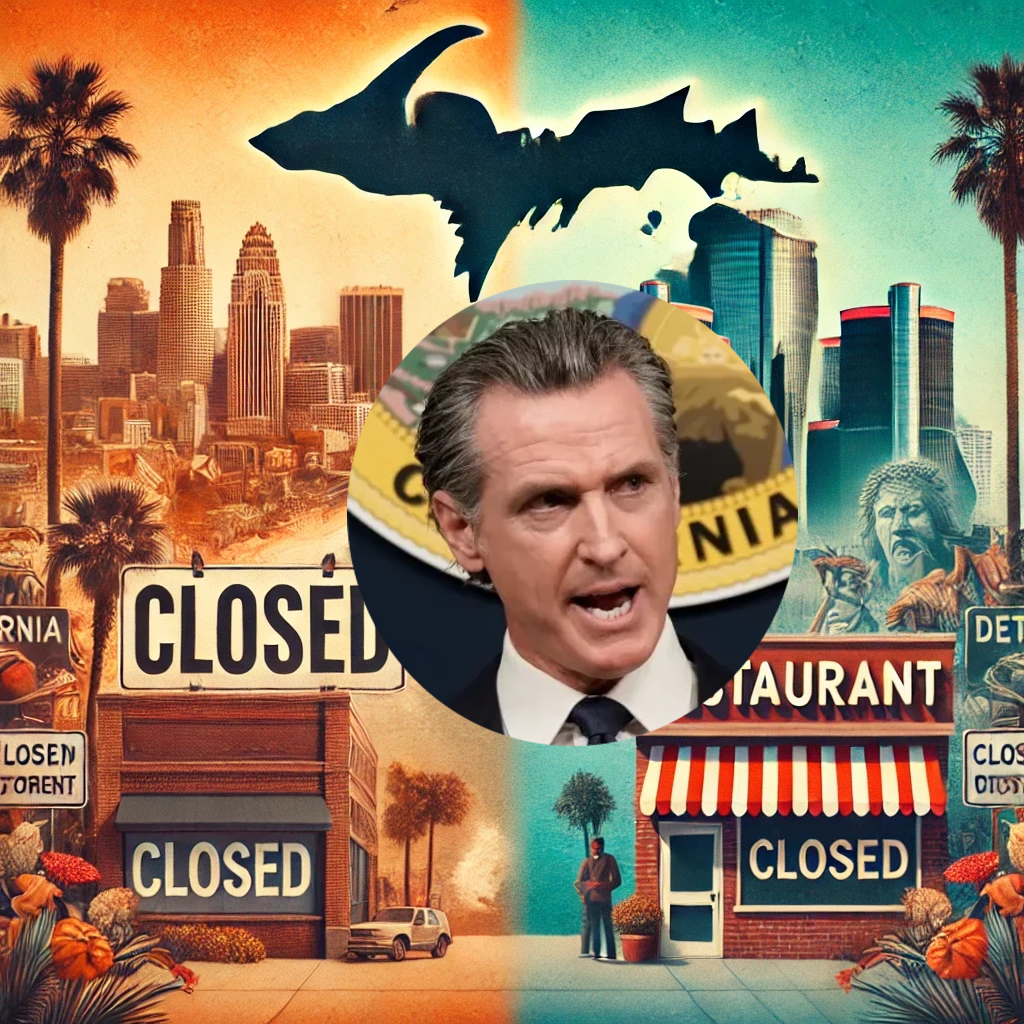In a move reminiscent of California’s recent economic shifts, Michigan is set to increase its minimum wage to $15 per hour by 2028, following a decisive ruling from the state Supreme Court. While this decision is a victory for many workers, it has sparked concern among Michigan’s restaurant industry, drawing comparisons to the struggles faced by similar businesses in California.

The Michigan Supreme Court recently ruled that the state’s legislators had unconstitutionally blocked two ballot proposals in 2018. As a result, the court’s decision has set a timeline for wage increases, with Michigan’s current $10.33 minimum wage set to rise to approximately $12.50 an hour next year. By 2028, the minimum wage will reach $15 per hour, with tipped workers seeing their pay increase from $3.93 an hour to 48% of the traditional minimum wage, eventually equating to the full $15 per hour by the end of the five-year period.

Supporters of the wage increase celebrated the ruling as a significant victory for Michigan’s 494,000 minimum-wage workers.
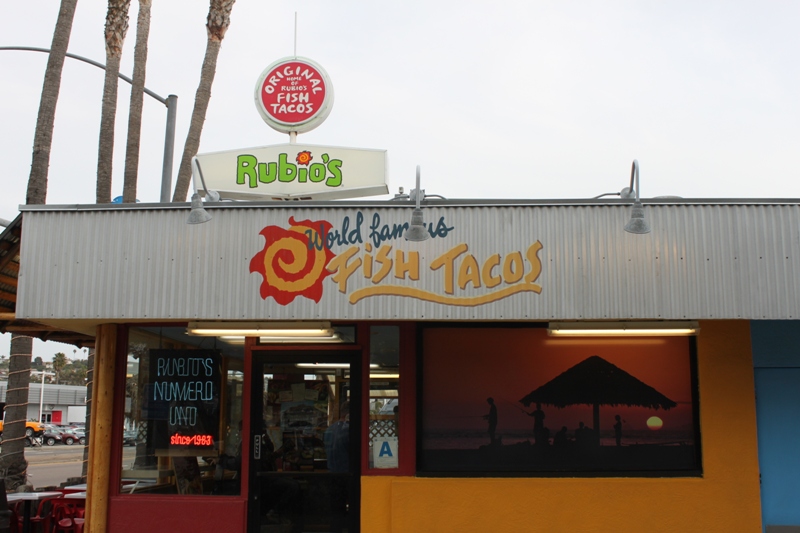
However, the restaurant industry in Michigan is bracing for the potential fallout. California’s recent history provides a cautionary tale, as many restaurants have struggled to adapt to the rising labor costs. High-profile closures in California, such as the shutdown of several locations of the popular fast-food chain Rubio’s, have been attributed to the increased operational costs brought on by minimum wage hikes. Restaurants in cities like San Francisco, Los Angeles, and San Diego have faced similar challenges, with some forced to close their doors permanently.
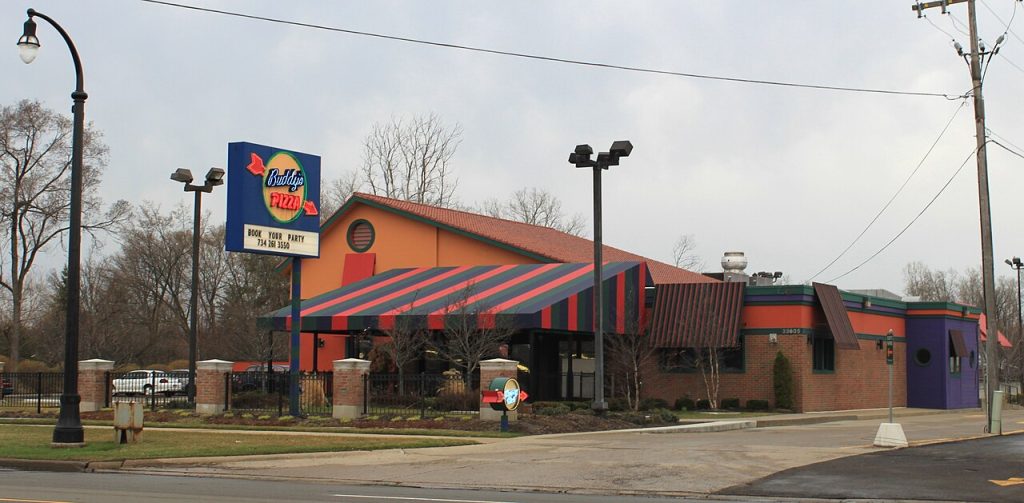
Michigan restaurateurs fear they could face a similar fate. Michigan-based establishments, such as Buddy’s Pizza.

Leo’s Coney Island, which has been a staple in the community for years, may also struggle under the weight of the new wage laws. These businesses, known for their affordable prices and local charm, operate on thin margins that could be further squeezed by the rising cost of labor. Smaller, independently-owned restaurants, which lack the financial cushion of larger chains, are particularly vulnerable.
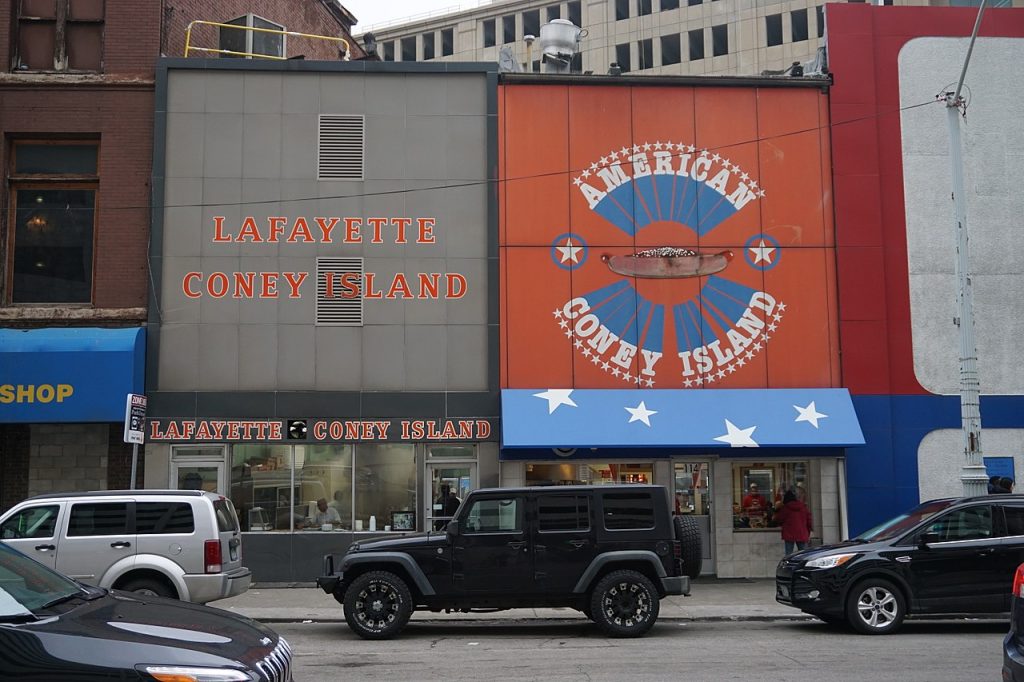
Already, speculation is rising about which Michigan establishments could be the first to close their doors in the wake of the wage hike. Detroit’s iconic American Coney Island, for example, may find it challenging to maintain its prices while covering the increased wages for its staff.
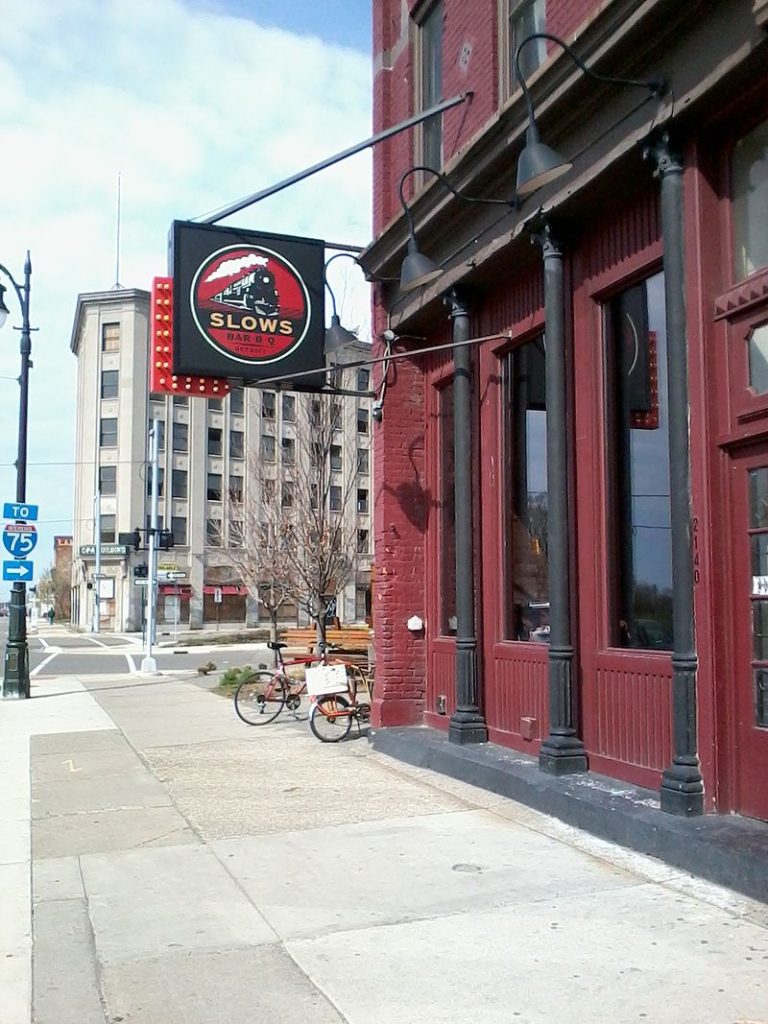
Slows Bar BQ, known for its popular barbecue dishes, could face tough decisions if labor costs rise too high to remain profitable.

The Michigan Restaurant & Lodging Association (MRLA) has also voiced concerns about the long-term sustainability of the industry under the new wage laws. “We could see a wave of closures, particularly in areas where the cost of living isn’t high enough to support the increased wages,” warned an MRLA spokesperson.
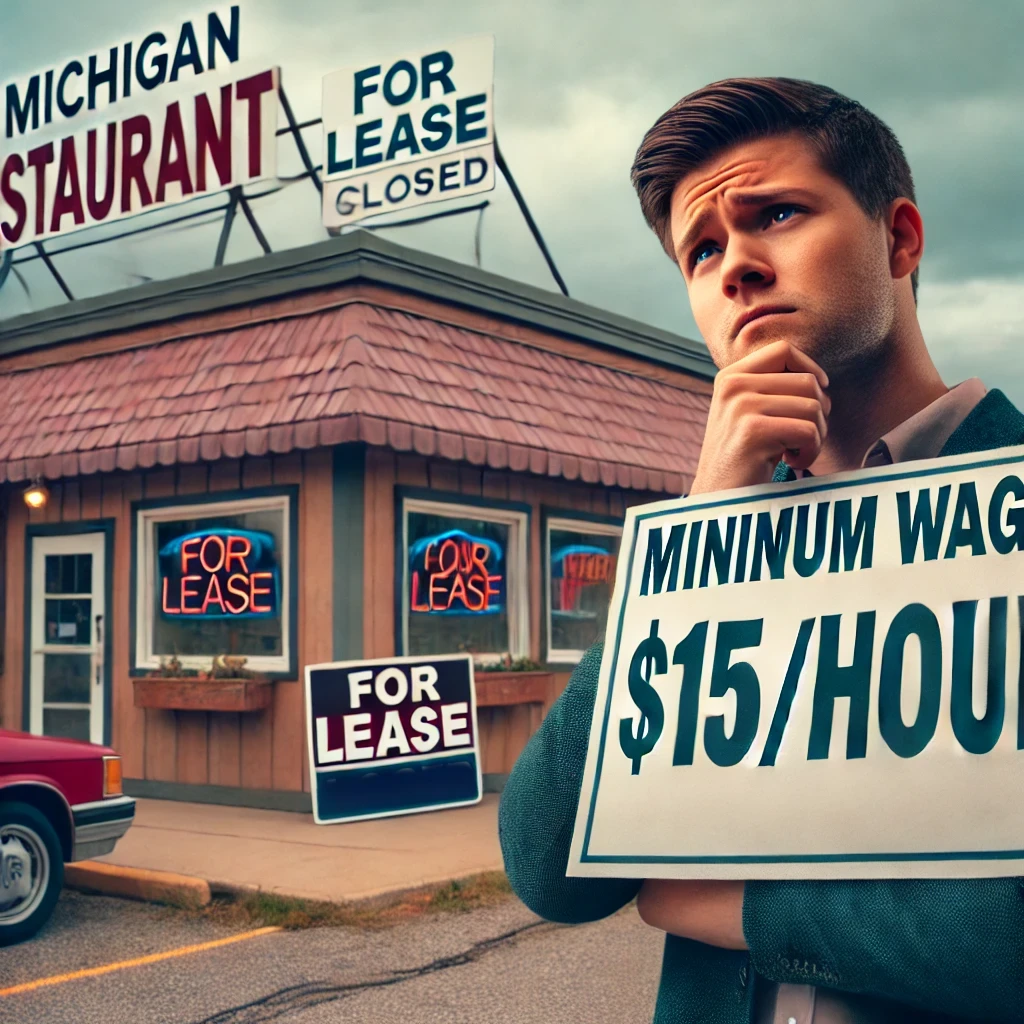
As Michigan moves forward with these changes, the state’s restaurant industry faces an uncertain future. The parallels to California’s experience serve as a stark reminder of the potential challenges ahead. While workers will undoubtedly benefit from higher wages, the unintended consequence may be a wave of restaurant closures, fundamentally altering the dining landscape in Michigan.
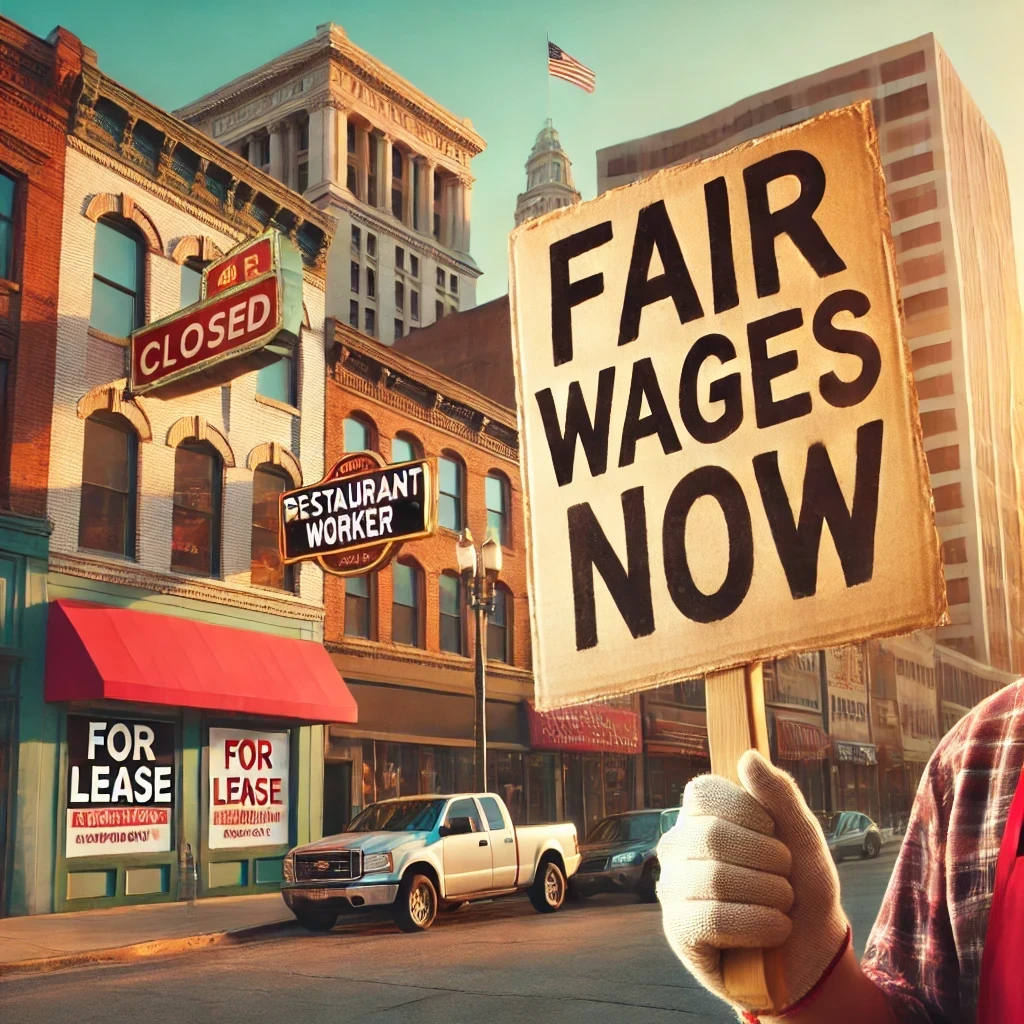
In the coming years, all eyes will be on how Michigan’s restaurant industry navigates these challenges, and whether the state can find a balance between fair wages and a thriving business environment.

